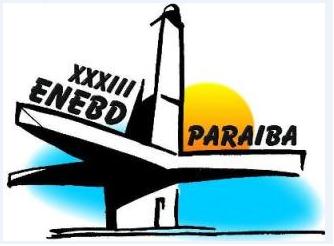WEB 2.0 TOOLS IN UNIVERSITY LIBRARIES: a case study
Abstract
The term Web 2.0 is used to refer to the trend that reinforces the concept of information exchange and co-participation of Internet users with Web sites and virtual services available in cyberspace. Within this context, fit the tools created and edited by the Internet user, such as: Blogs, Microblogs, Wikis, Social Networks, Instant Messenger (IM), Really Simple Syndication (RSS) Social Bookmarking and Streaming Media. Libraries gradually are joining in that environment and the model of Library 2.0 becomes renowned since the emergence of Web 2.0, which has been selecting mechanisms and interactive tools to transform the library into a more attractive area to the user. Thus, we sought to examine the applicability of Web 2.0 technologies in the virtual environment of academic libraries as a means to assist in their services, so the library can offer more channels of communication to its user communities. To develop this analysis, a study case was done in the Library Patativa do Assaré, at Faculty of Juazeiro do Norte, in order to investigate the services available through the library and the preferences of its users, and then recommend a proposal for the use of Web 2.0 tools in this library. The test results indicate an effective user training, as well as the support of librarians and the institutions that house the libraries. So, with this proposal, it is expected that the university library provide services through Web 2.0 to interact more with its user, maintaining its educational, extensionist and investigative role.Downloads
Download data is not yet available.
Downloads
Published
2011-02-17
Issue
Section
Articles













